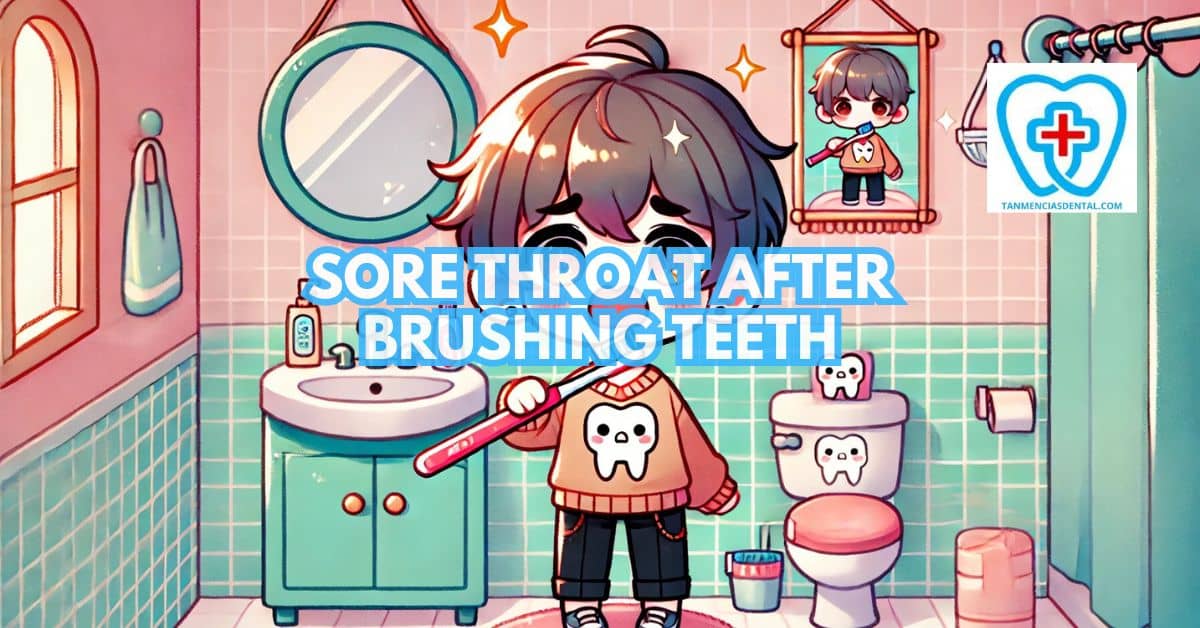12+ Sore Teeth Remedies After Brushing

The agonizing pain of sore teeth - a sensation that can completely disrupt your daily routine, making even the simplest tasks like eating or speaking a chore. If you’re experiencing sore teeth after brushing, it’s essential to understand that this discomfort can stem from a variety of causes, including gum recession, tooth decay, sensitivity, or even the brush itself being too hard. Addressing the root cause is crucial, but in the meantime, there are several sore teeth remedies you can try to alleviate the pain. Here’s a comprehensive look at over 12 remedies, ranging from home treatments to professional advice, designed to help you find relief.
Understanding Sore Teeth
Before diving into the remedies, it’s vital to understand why your teeth might be sore after brushing. Common causes include: - Tooth decay or cavities: Bacteria in your mouth can lead to the formation of cavities, which can cause pain when exposed to cold, hot, or sweet substances. - Gum recession: When gums pull back and expose the roots of your teeth, it can lead to sensitivity and soreness. - Tooth sensitivity: Often a result of worn tooth enamel or exposed roots, sensitivity can cause sharp pains when consuming hot or cold foods and drinks. - Brushing too hard: Using a hard-bristled toothbrush or brushing with too much force can damage gums and enamel, leading to soreness.
Remedies for Sore Teeth
Here are 12+ remedies that can help alleviate the pain of sore teeth:
- Desensitizing Toothpaste: Using a toothpaste specifically designed for sensitive teeth can help block the dentinal tubules in the tooth, reducing sensitivity and soreness.
- Salt Water Rinse: Rinsing your mouth with warm salt water several times a day can help reduce swelling and ease pain.
- Hydrogen Peroxide: A diluted solution of hydrogen peroxide can help kill bacteria that might be causing the soreness. However, be cautious and dilute it appropriately to avoid damaging your teeth or gums.
- Clove Oil: Known for its analgesic and anti-inflammatory properties, clove oil can be applied to a cotton ball and placed against the sore tooth for quick relief.
- Cold or Warm Compress: Applying a cold or warm compress to the outside of your cheek near the aching tooth can help reduce pain and swelling.
- Over-the-Counter Pain Relievers: Pain relievers like ibuprofen (Advil, Motrin) or acetaminophen (Tylenol) can help manage the pain. Always follow the recommended dosage.
- Avoid Trigger Foods: If your teeth are sensitive, try to avoid consuming extremely hot, cold, sweet, or acidic foods and drinks.
- Soft-Bristled Toothbrush: Switching to a soft-bristled toothbrush can help prevent further irritation to your gums and teeth.
- Fluoride Mouthwash: Using a fluoride mouthwash can help strengthen tooth enamel, reducing sensitivity over time.
- Dietary Changes: Eating a balanced diet rich in fruits, vegetables, whole grains, and lean protein can help keep your teeth and gums healthy.
- Sugar-Free Gum: Chewing sugar-free gum can stimulate saliva production, which helps neutralize acids and remineralize teeth, potentially reducing soreness.
- Professional Dental Care: Sometimes, the cause of sore teeth requires professional intervention. Regular check-ups can help identify and treat issues like cavities or gum disease before they become severe.
Advanced Remedies and Preventative Measures
For ongoing or severe tooth soreness, consider the following advanced measures:
- Dental Sealants: Applying dental sealants can protect your teeth from decay and reduce the risk of sensitivity.
- Fluoride Treatments: Professional fluoride treatments can provide an intense dose of fluoride to strengthen teeth.
- Root Canal: If the soreness is due to an infected pulp, a root canal might be necessary to remove the infected tissue.
- Gum Graft: For gum recession, a gum graft can help cover exposed roots and reduce sensitivity.
FAQ Section
What is the most common cause of sore teeth after brushing?
+One of the most common causes is tooth sensitivity, often resulting from worn enamel or exposed roots, which can be exacerbated by brushing too hard or using a hard-bristled toothbrush.
How can I prevent sore teeth in the future?
+Regular dental check-ups, brushing gently with a soft-bristled toothbrush, using desensitizing toothpaste, and maintaining a healthy diet can significantly reduce the risk of developing sore teeth.
When should I seek professional dental help for sore teeth?
+If your teeth soreness persists, worsens over time, or is accompanied by other symptoms like swelling, fever, or difficulty swallowing, it's crucial to seek professional dental help to address the underlying cause.
Conclusion
Sore teeth after brushing can be a distressing experience, but with the right approach, it’s possible to find relief and prevent future occurrences. By understanding the causes and employing a combination of home remedies, lifestyle changes, and professional dental care when necessary, you can alleviate the discomfort and maintain a healthy, pain-free smile. Remember, if the pain persists or worsens, consulting a dental professional is the best course of action to ensure your oral health and comfort.

